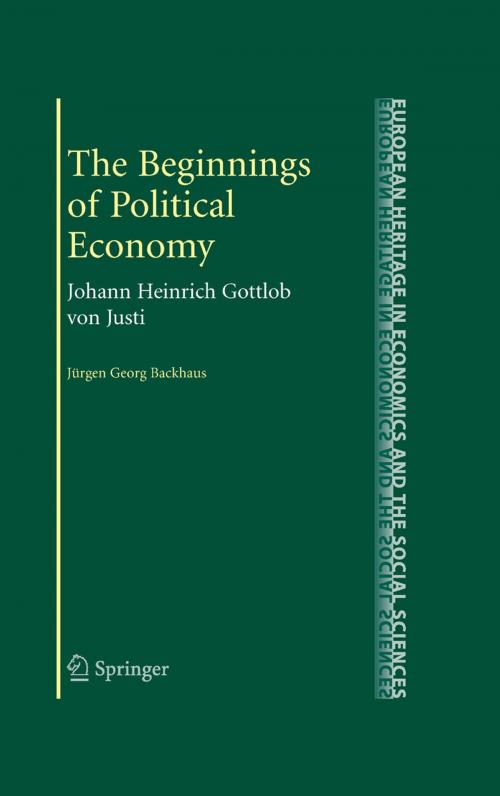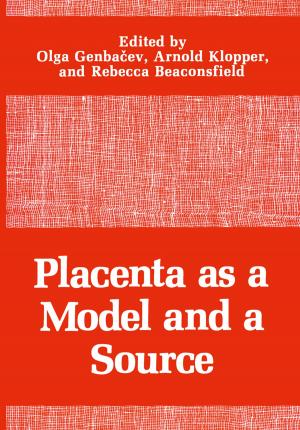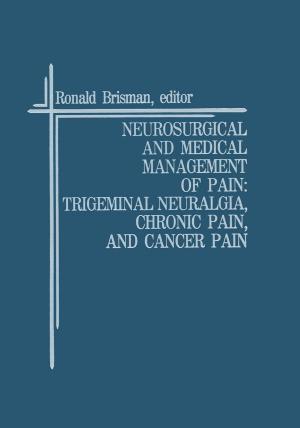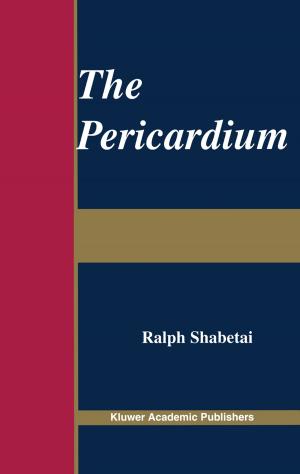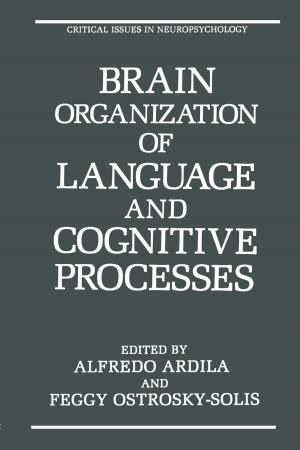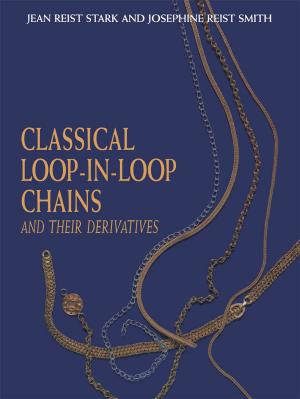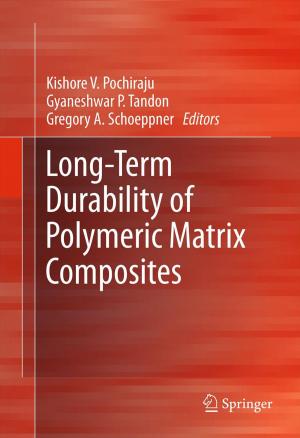The Beginnings of Political Economy
Johann Heinrich Gottlob von Justi
Nonfiction, Social & Cultural Studies, Social Science, Sociology, Business & Finance, Economics| Author: | ISBN: | 9780387097794 | |
| Publisher: | Springer US | Publication: | November 13, 2008 |
| Imprint: | Springer | Language: | English |
| Author: | |
| ISBN: | 9780387097794 |
| Publisher: | Springer US |
| Publication: | November 13, 2008 |
| Imprint: | Springer |
| Language: | English |
Ju¨ rgen G. Backhaus 1 Johann Heinrich Gottlob (von) Justi was born in 1702 in Bru¨ cken in Prussia (county of Sangerhausen), studied law and cameral sciences in Wittenberg and Jena, yet had to leave the university, entered the Prussian military service, was captured during the Austrian war of succession by the Austrians but escaped to Leipzig (Saxony) where he studied mineral sciences. In 1750 he was called to a chair ‘‘Cameral Sciences and Rhetorics’’ at the new Theresian Academy of Knights in Vienna. There, he gave two important inaugural lectures which are the focal point of this book. In 1754, Justi was appointed a mineral counsellor in Gottingen ¨ (Hanover), and lectured at the Saxonian University on both state sciences and natural sciences. In 1762, Frederic II (the Great) of Prussia appointed him Prussian captain (highest supervisory position) of mines and general supervisor of fiscal-mineral activities. In 1768 he was accused of embezzlement, and before he could prove his innocence, he died in 1771 as a prisoner in the (decaying) fortress of Ku¨ strin. Due to his death, the case was never decided. But Frederic had obviously made his own decision. When he appointed Justi, the appointee pointed out that he was suffering from weak eye sight and could not readily check the bookkeeping. Frederic replied: You may have weak eyes but you have a bright mind. I shall put two eyes by your side.
Ju¨ rgen G. Backhaus 1 Johann Heinrich Gottlob (von) Justi was born in 1702 in Bru¨ cken in Prussia (county of Sangerhausen), studied law and cameral sciences in Wittenberg and Jena, yet had to leave the university, entered the Prussian military service, was captured during the Austrian war of succession by the Austrians but escaped to Leipzig (Saxony) where he studied mineral sciences. In 1750 he was called to a chair ‘‘Cameral Sciences and Rhetorics’’ at the new Theresian Academy of Knights in Vienna. There, he gave two important inaugural lectures which are the focal point of this book. In 1754, Justi was appointed a mineral counsellor in Gottingen ¨ (Hanover), and lectured at the Saxonian University on both state sciences and natural sciences. In 1762, Frederic II (the Great) of Prussia appointed him Prussian captain (highest supervisory position) of mines and general supervisor of fiscal-mineral activities. In 1768 he was accused of embezzlement, and before he could prove his innocence, he died in 1771 as a prisoner in the (decaying) fortress of Ku¨ strin. Due to his death, the case was never decided. But Frederic had obviously made his own decision. When he appointed Justi, the appointee pointed out that he was suffering from weak eye sight and could not readily check the bookkeeping. Frederic replied: You may have weak eyes but you have a bright mind. I shall put two eyes by your side.
